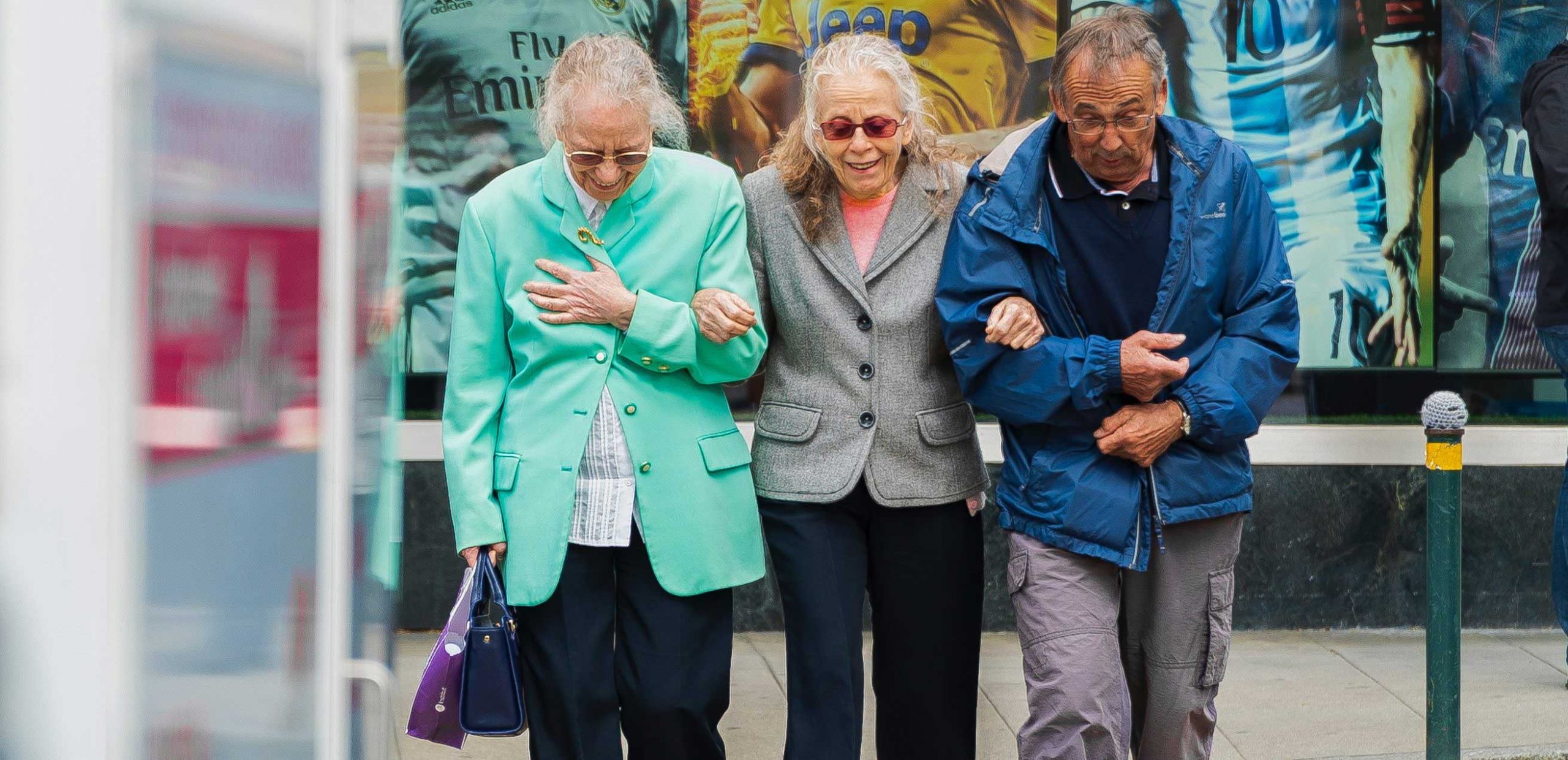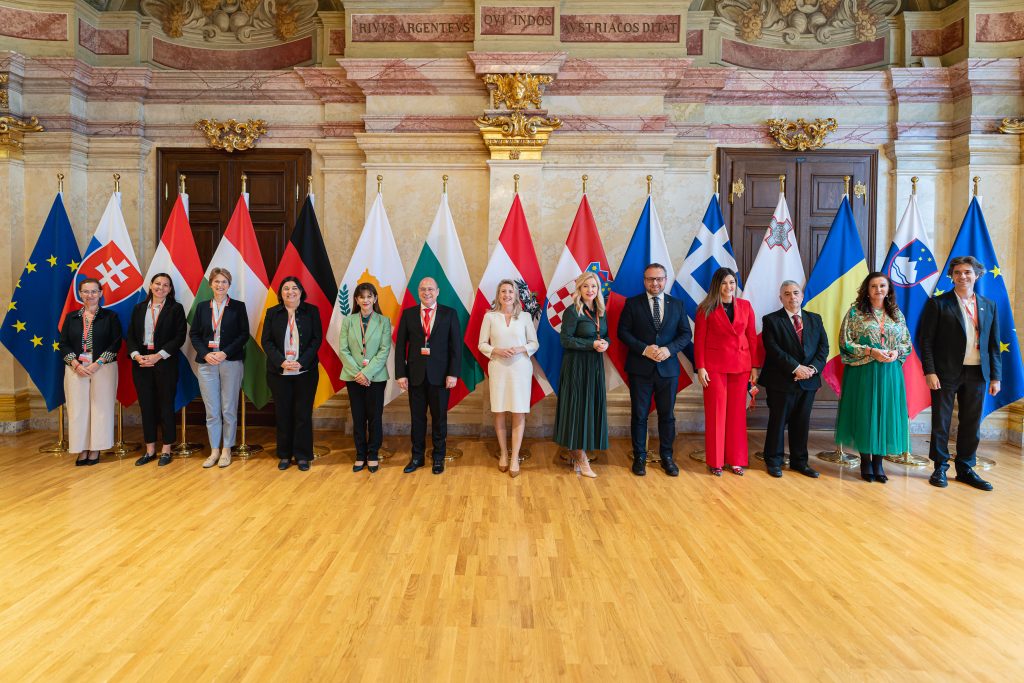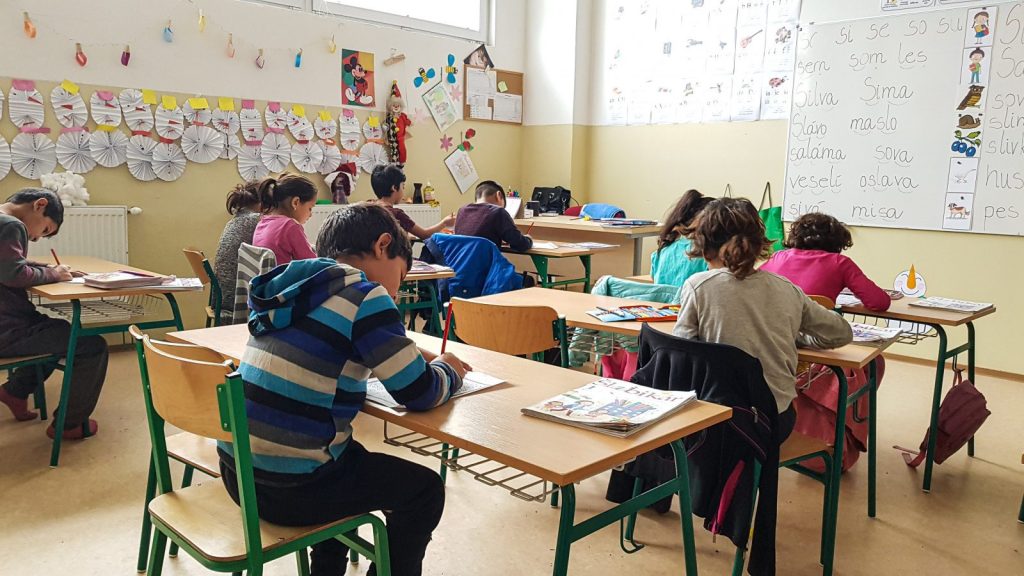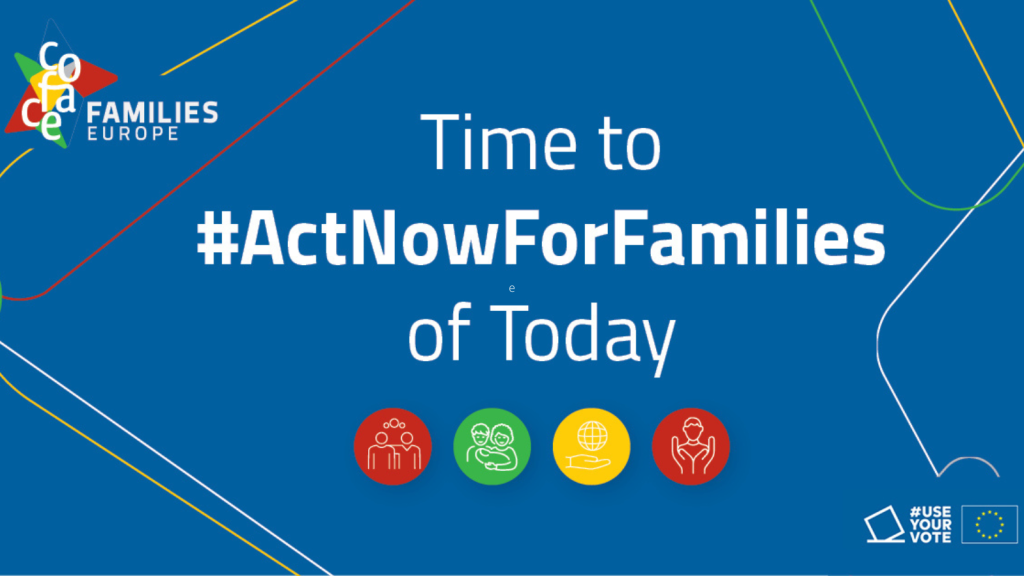On 1st July 2021, the European Parliament interest group on solidarity between generations (supported by AGE Platform Europe and COFACE Families Europe) met for an exchange with the Slovenian Presidency of the EU to discuss their agenda and upcoming events this Autumn on solidarity between generations. Members of the European Parliament from different political parties expressed their views on the Presidency agenda and highlighted their key priorities. COFACE President, Annemie Drieskens, spoke at the interest group meeting providing the perspective of families of today on topics such as demographic change (‘Demographic developments are challenging and must be addressed in all policies; families must not be seen as a tool for saving demography, but as rights-bearers to build the families they want’), child rights (‘We need an intergenerational approach, taking the rights of children, parents and grandparents into account in the recovery. Child poverty must be addressed as families’ poverty’), and the role of families during the pandemic and the care economy. Follow the interest group on Twitter to find out more about their actions this Autumn.
On 7th July 2021, the European Parliament adopted the resolution “Old continent growing older – possibilities and challenges related to ageing policy post-2020”. The chair of the European Parliament interest group on solidarity between generations, Milan Brglez, highlighted during the plenary debate that this resolution focuses on the whole life-cycle, human rights and gender equality which are essential for ageing policies: “We must not take a paternalistic approach to ageing.” The resolution covers many different aspects of population ageing including combating discrimination, demographic challenges, employment and active ageing, the right to age in dignity, and health and long-term care. The resolution calls on the European Commission to put forward a care deal for Europe aimed at making the transition towards a care economy that entails relevant investment and legislation at EU level, taking a comprehensive approach towards all care needs and services and setting quality guidelines for care throughout the life course, including for children, older persons and persons with long-term needs, ‘with a view to identifying and recognising the various types of informal caregiving, and guaranteeing financial support for carers, appropriate periods of leave and affordable services, among other things.’ See the resolution here in all EU languages.
On 15th July 2021, a several Members of the European Parliament wrote to the President of the Union of European Football Associations (UEFA), calling for using the tremendous attention it has to fight ageism. UEFA has an outreach to about 1.3 billion people, the MEPs quote the organisation’s own numbers, and is using it actively to promote universal messages in campaigns against racism and homophobia, or more recently to promote vaccination against COVID-19 and the European Green Deal. ‘Ageism prevents people, above all older persons, from fully realizing their human rights’ write the MEPs, ‘and has a negative impact on the development of the society as a whole. This issue is especially important at a time when we are rapidly seeking answers to the challenges of an ageing European society, which, concurrently, brings forward many opportunities for Europe.’ Stressing that UEFA is embracing its power to fight discrimination, the MEPs add: ‘As ageism is a form of discrimination, UEFA could once again play an important role in combating it.’





